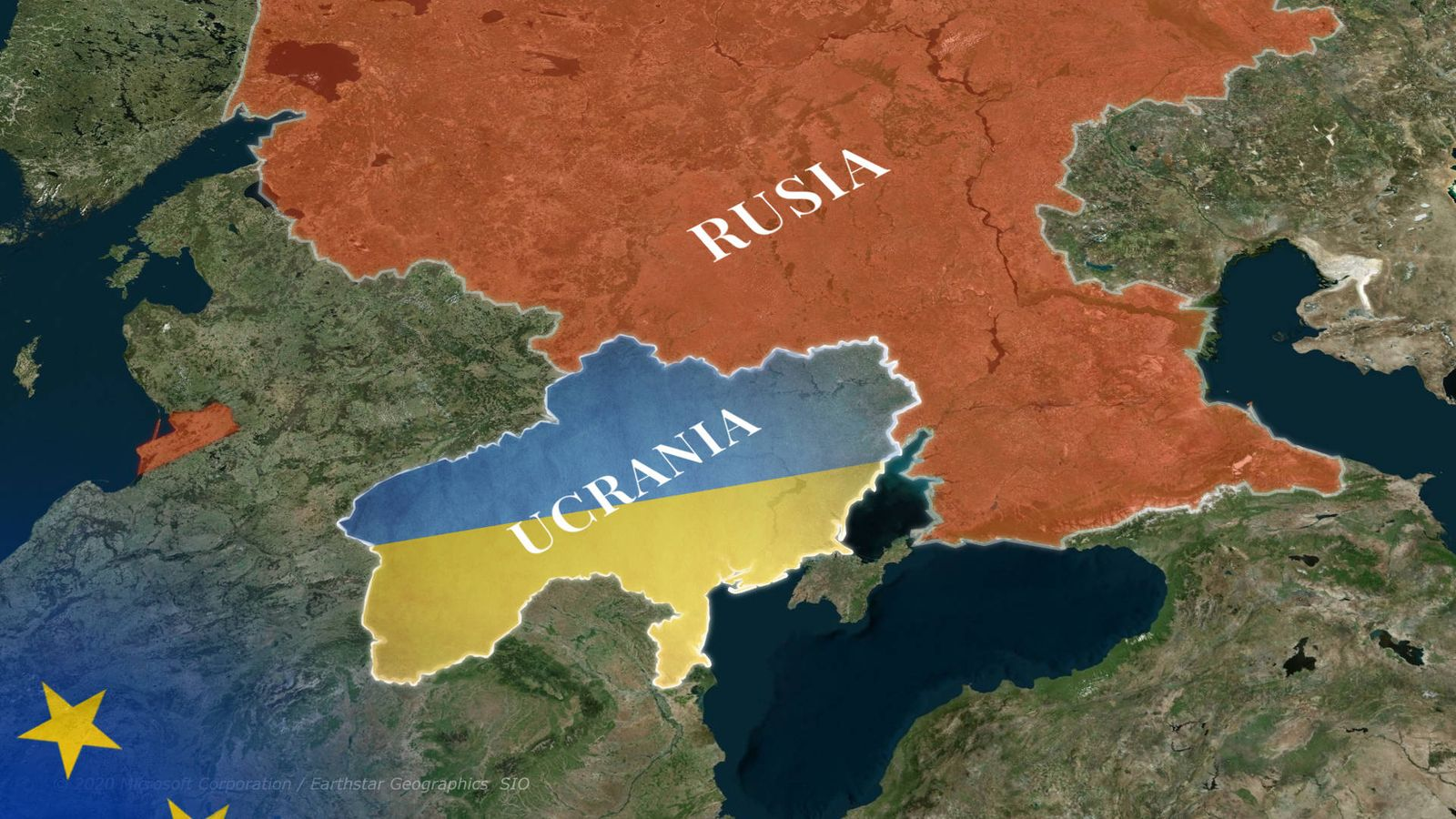
06 May How does the war between Russia and Ukraine affect international trade?
On February 24, 2022, the war between Russia and Ukraine began, a fact that has had a negative impact, not only for the nations at war, but also for various countries worldwide. This conflict has threatened supply chains mainly affecting food prices, so the World Trade Organization (WTO) indicated that the impact will be felt throughout the planet.
For this year, the volume of world merchandise trade is expected to grow by only 3%, below 4.7% previously predicted. This is mainly because both Ukraine and Russia are suppliers of essential goods such as food, energy and fertilizer, whose supply is currently threatened. In addition, trade has also been affected by other factors such as the latest blockades due to Covid-19 in China, which are interfering with maritime trade just as pressures on the supply chain seemed to be decreasing. “In a crisis, more trade is needed to ensure stable and equitable access to needs. Trade restriction will threaten the well-being of families and businesses and make it more difficult to build a lasting economic recovery from the COVID19 pandemic” (Ngozi Okonjo-Iweala, WTO Director-General, 2022)
Also, given the circumstances, it has been projected that the growth in the volume of merchandise trade could be as low as 0.5%. GDP growth before the two decades before the 2007-2008 global financial crisis grew twice as fast as the level of world merchandise trade. The ratio fell to around 1:1 on average in the wake of the crisis. If the current forecast is met, there will be no fundamental change in the relationship between trade and production.
In addition, apart from the supply chain conflict, there is the problem with fuel, which began to rise in its price before the war. Unlike oil prices, the cost of natural gas has varied considerably between regions. For example, in Europe, where many countries are dependent on the Russian country, the price increased by 45% between January and March. For this reason, the trade agency said higher oil prices can reduce real revenues and import demand around the world.
Finally, there are many sanctions that Russia has received from various countries of the European Union and the North Atlantic Treaty Organization (NATO). These sanctions, despite being radical, have not stopped Russian President Vladimir Putin from making a ceasefire against Ukraine. The WTO said Western sanctions on Russian companies and individuals are likely to have a strong effect on commercial services.
Conclusion
The war between Russia and Ukraine is known to have had an unprecedented economic, social and political impact. However, the effects on the commercial sector globally have been negative. Many countries are practically dependent on Russian or Ukrainian inputs, which definitely causes the need to propose strategies or tactics that contain or do not impede the development and growth of the countries. This conflict does not have an exact expiration date, so it is vital to find a way for the trade to continue to develop with as few incidents as possible.
References
Chequeado. (2022). Cómo afecta la guerra en Ucrania a la economía mundial. Extracted from https://chequeado.com/el-explicador/como-afecta-la-guerra-en-ucrania-a-la-economia-mundial-y-que-efectos-tiene-en-la-argentina/ [Consulted: May 4, 2022]
RRYP Academy (2022). Consecuencias de la guerra entre Rusia y Ucrania en el comercio internacional. Extracted from https://relacionateypunto.com/consecuencias-de-la-guerra-entre-rusia-y-ucrania-en-el-comercio-internacional/#:~:text=Rusia%20y%20Ucrania%20en%20el%20comercio%20internacional,-Exportaciones%20e%20importaciones&text=Por%20tanto%2C%20en%20este%20sentido,en%20especial%20ma%C3%ADz%20y%20trigo). [Consulted: May 4, 2022]
